
Gas Flaring Cut by 70% in South Pars Refinery

The refinery is one of the 14 plants in Asalouyeh processing natural gas drawn from the giant South Pars field in the Persian Gulf.
“The curtailed amount of associated petroleum gases (APG) is higher than was planned," Mohammad Shafi-Moazeni was quoted as saying by the Oil Ministry's official news agency, Shana reported.
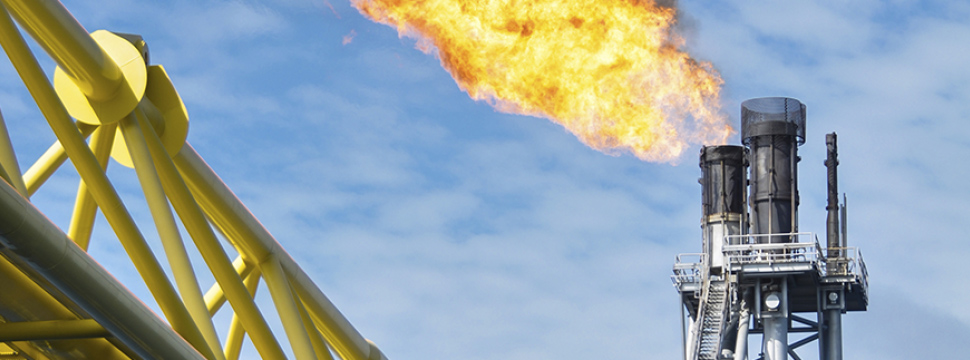
He did not provide figures, but said the flaring will be cut in other refineries as well. The refinery has the capacity to process 50 million cubic meters per day of natural gas which is produced in phases 4 and 5 of the giant South Pars project.
Flaring is the burning of natural gas that cannot be processed or sold. The flaring of APG is an important safety measure at many oil and gas production site as it prevents industrial plant equipment from over-pressuring and exploding, yet burning high levels of APG is a major source of pollution.
According to Shafi-Moazeni, the Oil Ministry is studying several ways to curb APG levels; collecting it for injection into oil and gas wells to enhance recovery rate, converting APG into petroleum products such as natural gas liquids, and using APG for electricity generation or used as feedstock for the petrochemical industry.
Pointing to a law, ratified in January, which obliges the government to curb the flaring of natural gas to 10% or lower by 2021, he said that Iran has the highest rate of energy waste in the form of APG in the Middle East, and ranks third in the world in terms of gas flaring.
Around 17 billion cubic meters of gas is burned off in Iran annually which means a $4-6 billion loss for the treasury, according to published reports. "
"Gas flaring in Iran is excessively high and should we fail to address it, the country will face severe consequences in the near future," the official warned.
The United States has the largest number of flares, but Russia leads the world in the total volume of flared natural gas, according to British scientific journal 'Nature' which has placed Iran among the top three gas-flaring countries after Russia and Iraq.


Alba Discloses its Financial Results for the Second Quarter and H1 of 2025

US slaps tariffs on 1-kg, 100-oz gold bars: Financial Times

Copper price slips as unwinding of tariff trade boosts LME stockpiles

Codelco seeks restart at Chilean copper mine after collapse

NextSource soars on Mitsubishi Chemical offtake deal

Australia weighs price floor for critical minerals, boosting rare earth miners

Uzbek gold miner said to eye $20 billion value in dual listing

BHP, Vale offer $1.4 billion settlement in UK lawsuit over Brazil dam disaster, FT reports

Hudbay snags $600M investment for Arizona copper project
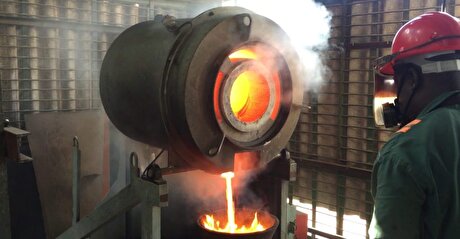
Zimbabwe labs overwhelmed as gold rally spurs exploration, miner says
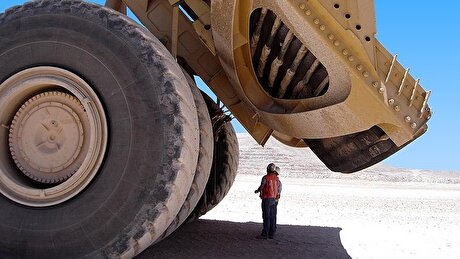
Cochilco maintains copper price forecast for 2025 and 2026
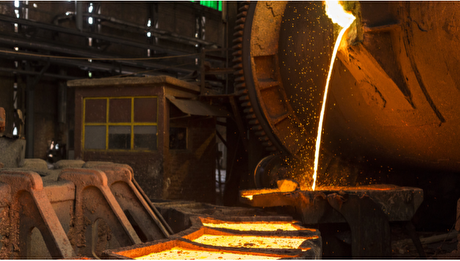
Adani’s new copper smelter in India applies to become LME-listed brand

HSBC sees silver benefiting from gold strength, lifts forecast
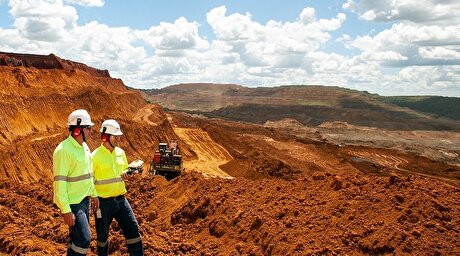
Mosaic to sell Brazil potash mine in $27M deal amid tariff and demand pressures
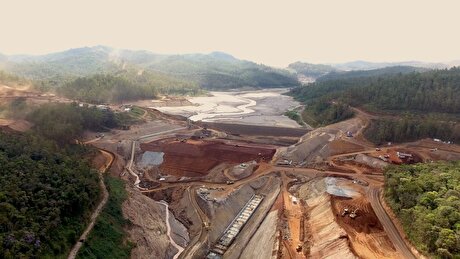
Samarco gets court approval to exit bankruptcy proceedings

Hudbay snags $600M investment for Arizona copper project
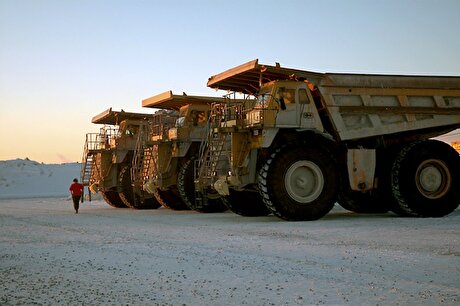
Discovery Silver hits new high on first quarterly results as producer

Trump says gold imports won’t be tariffed in reprieve for market

AI data centers to worsen copper shortage – BNEF

Cochilco maintains copper price forecast for 2025 and 2026

Adani’s new copper smelter in India applies to become LME-listed brand

HSBC sees silver benefiting from gold strength, lifts forecast

Mosaic to sell Brazil potash mine in $27M deal amid tariff and demand pressures

Samarco gets court approval to exit bankruptcy proceedings

Hudbay snags $600M investment for Arizona copper project

Discovery Silver hits new high on first quarterly results as producer

Trump says gold imports won’t be tariffed in reprieve for market

AI data centers to worsen copper shortage – BNEF














